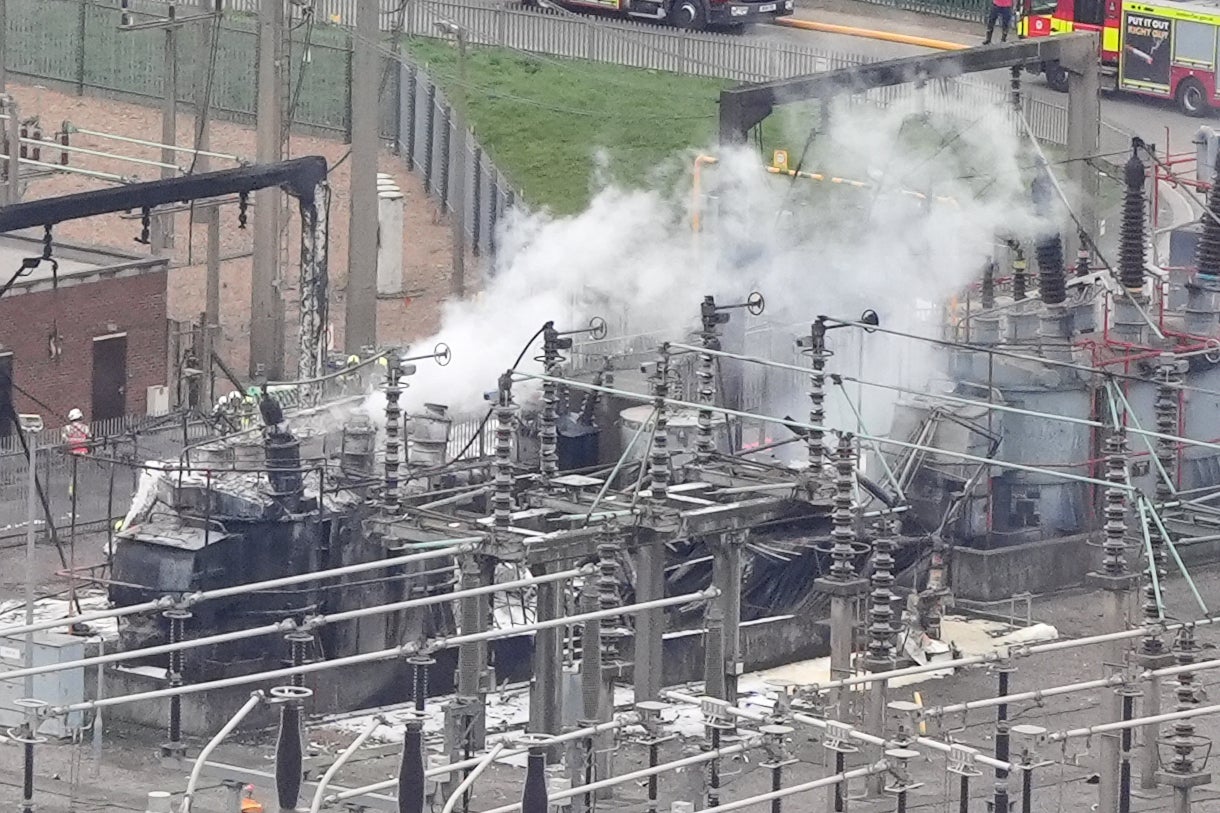Heathrow Airport is expected to incur costs in the “low tens of millions” of pounds following its chaotic March closure, chief executive Thomas Woldbye has revealed.
The temporary shutdown was caused by a substation fire and subsequent power outage.
The blaze, which started late on March 20, halted operations at the west London airport until approximately 6pm on March 21.
More than 270,000 air passenger journeys were disrupted by the incident.
The airport group awaits a report from energy watchdog Ofgem to finalise its findings, which will determine if it can claim compensation from National Grid Electricity Transmission (NGET).
Mr Woldbye added the group had “learnings” to take away from the incident.
A report into events clarified that Mr Woldbye had been asleep with his phone on silent as the overnight decision to close the airport was taken.
He said: “That is one learning and that will not happen again.
“I would have liked to see my personal role play out differently.
“That said, we need to have procedures in place that ensures that this company can take the right decisions at the right time by the right people, no matter what the situation is.”
“An organisation like ours has to be able to manage, whether the captain’s on the bridge or not,” he said.
In an interview with BBC Radio 4’s Today programme, he denied misjudging what it meant to be the head of one of the world’s busiest airports.

Ofgem has launched an official enforcement investigation into NGET after a report found the fire that caused the shutdown of Heathrow was due to a preventable technical fault.
The report by the National Energy System Operator (Neso) said an “elevated moisture reading” had been found in oil samples at the North Hyde substation in west London in July 2018, but that action was not taken to replace electrical insulators known as bushings.
The comments came as the airport revealed half-year profits fell by more than a third despite seeing passenger numbers soar to a record high.
The group posted a 37.2 per cent drop in pre-tax profits to £203 million for the six months to June 30 as its costs surged, partly driven by a higher wage bill after last autumn’s budget measures.
